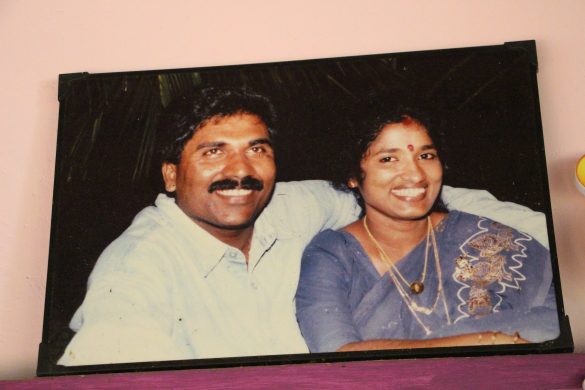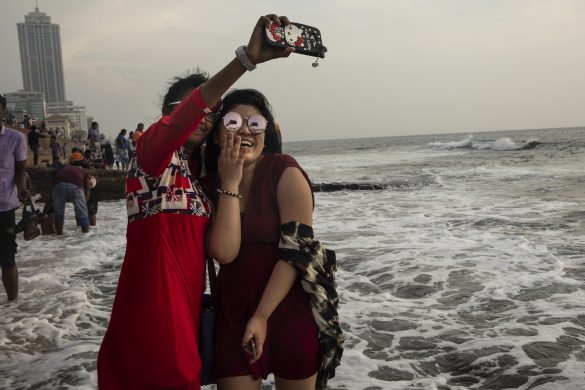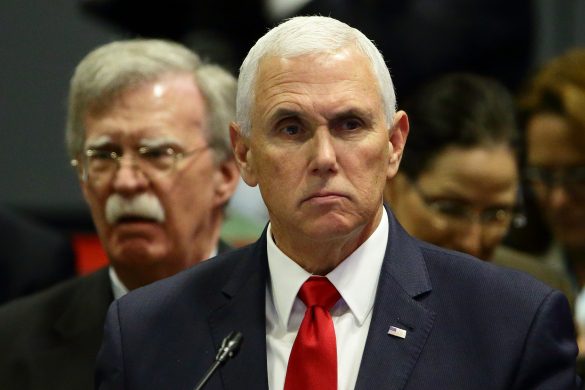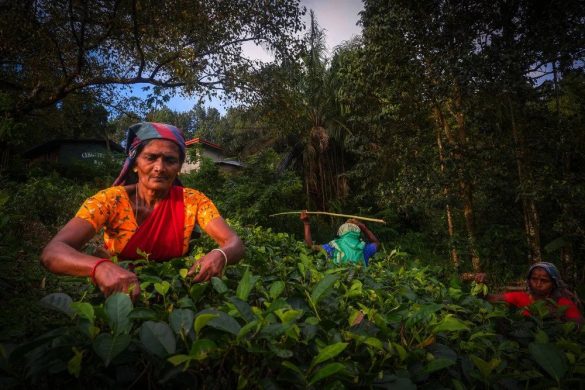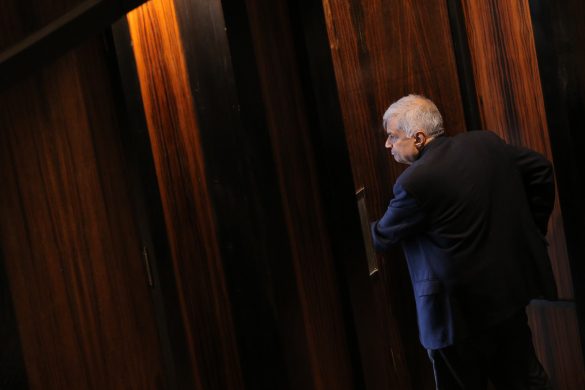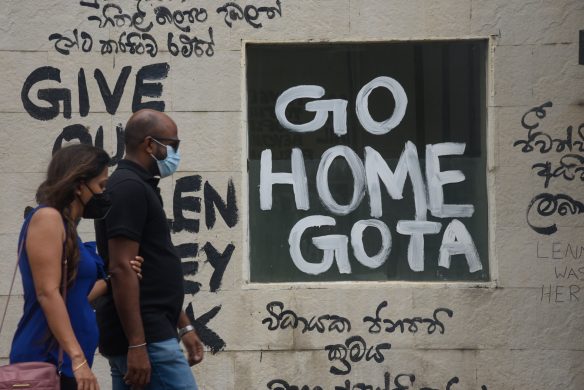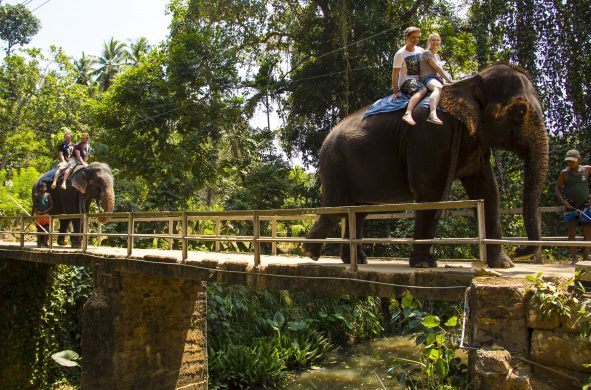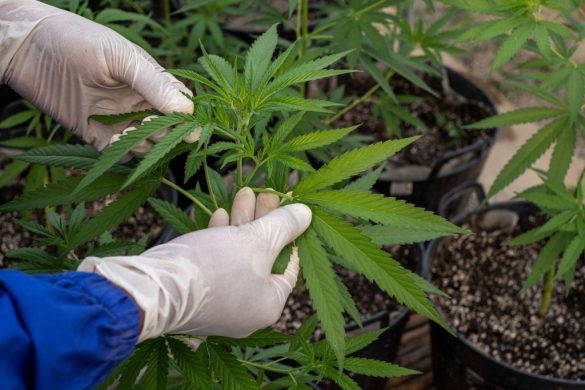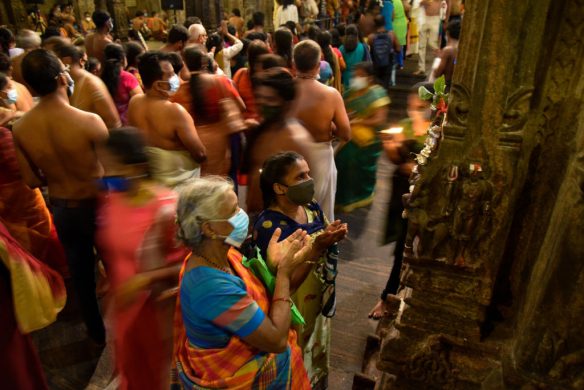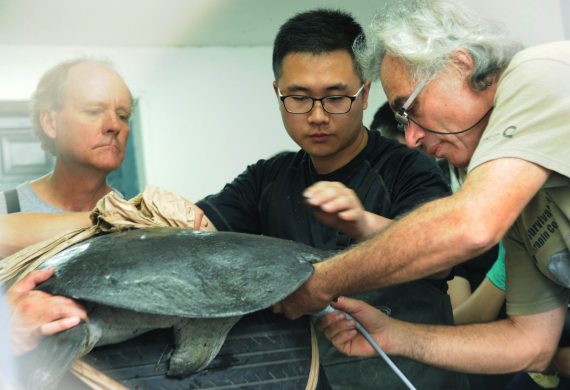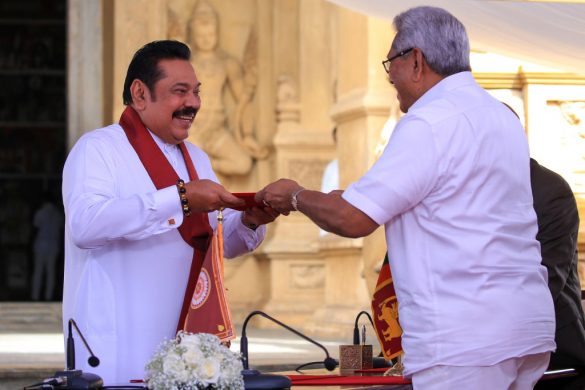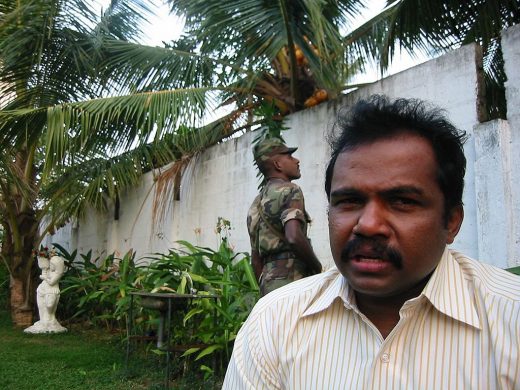De mange stødtænder, hvoraf flere var fra meget unge elefanter, blev i 2012 opdaget i en skibscontainer, registreret som plastikaffald. Sendingen var på vej til Colombo fra Kenyas havneby Mombasa, skriver DR online tirsdag.
Ifølge Washington konventionen er al handel med udryddelsestruede dyr og planter forbudt.
Dog betyder stadig stigende efterspørgsel på særligt næsehornshorn og elfenben i Asien og Mellemøsten, at det sælges på det sorte marked til skyhøje priser.
Dyrebeskyttelsesorgasationen “Born Free” skriver udbyggende:
Born Free’s Country Representative for Sri Lanka, elephant scientist Manori Gunawardena, was jubilant and believed the event signaled a strong willingness for her country to combat illegal trade at the international as well as national level:
“I am relieved that it is finally happening and am thrilled at the buy in from the President and Prime Minister. Sri Lanka is making a very strong statement by going ahead with the destruction with the support of the highest levels of government.”
Præster ærede de dræbte elefanter
A sombre ceremony held by all Sri Lanka’s religious faiths also took place, blessing the elephants who lost their lives for their ivory.
The Buddhist spokesperson, The Venerable Omalpe Sobitha Thero, emphasised that ivory from slaughtered elephants could not be venerated, and that since all living creatures were connected in the karmic cycle we should confer blessings on the killed elephants, as we would our deceased relatives.
Within the local context, Ms Gunawardena believed the event, “would educate Sri Lankans on the gravity of global wildlife crime and its impact on their country. Culturally the Sri Lankan public will never condone the slaughter of elephants”.
The ivory was seized by Sri Lanka Customs in Colombo in May 2012 from a ship en route from Mombasa Port in Kenya to Dubai in the United Arab Emirates. Had it not been impounded, from Dubai the ivory would have been sent to Thailand.
Following a request of the Sri Lankan government, a team from the International Consortium on Combatting Wildlife Crime collected DNA samples from the seized ivory and later forensic analysis revealed that the elephants had been poached in southeast Tanzania and northern Mozambique.
Hård og lang kamp for elefanterne
China, Kenya, Mozambique, Thailand, United Arab Emirates and the United States all took a stand against illegal wildlife crime in 2015 by holding high-profile events to destroy ivory stockpiles.
Earlier this month, Hong Kong also revealed plans to ban the import and export of ivory and close domestic markets.
Based on Born Free’s monitoring of reports relating to ivory seizures, it is estimated that more than 139,000 elephants have been poached for their ivory since January 2012 (www.bloodyivory.org).
Rhere has been an international ban in commercial trade in ivory in 1989. Born Free investigates poaching, exposes illegal ivory smuggling and provides protection to elephants in their range countries.
International Customs Day (26th January), organised by the World Customs Organization, recognises the role of custom officials and agencies in maintaining border security by focusing on the working conditions and challenges customs officers face.
Born Free om Born Free
Born Free protects lions, elephants, tigers, gorillas, wolves, polar bears, dolphins, marine turtles and many more species in their natural habitat, working with local communities to help people and wildlife live together without conflict.
Every year, Born Free helps hundreds of thousands of animals worldwide. For more information about Born Free please visit: www.bornfree.org.uk


